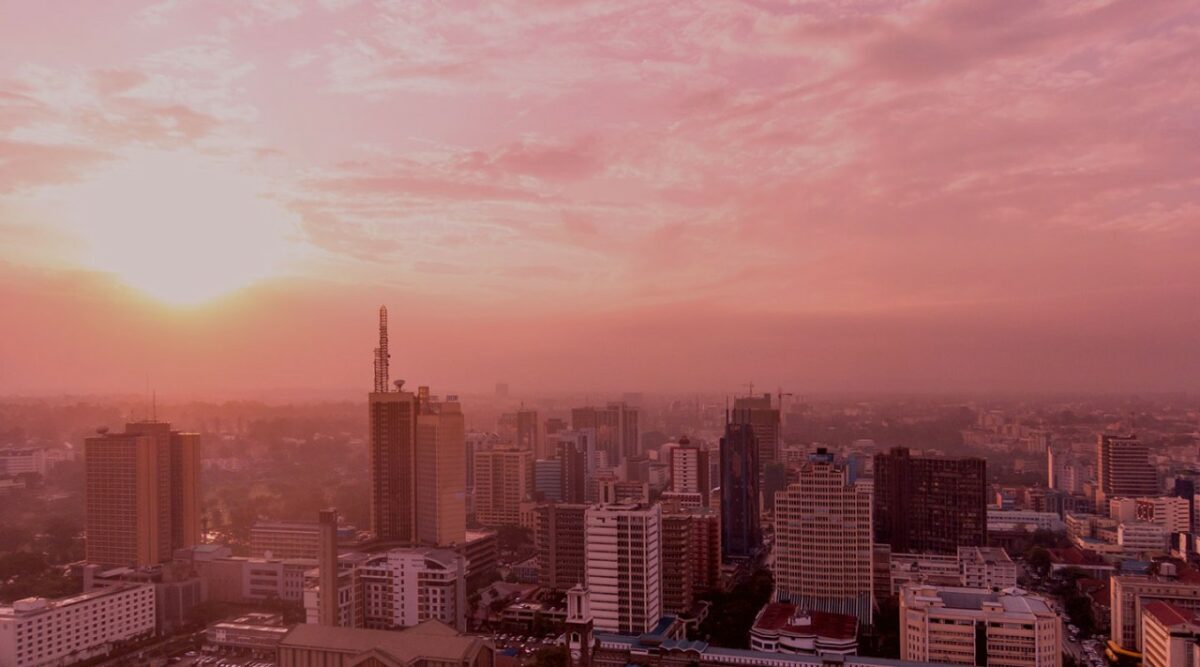15 August 2021
By Shirley Webber; Coverage Head of the Natural Resources Group at Absa
If you were looking for a silver lining during the COVID-19 pandemic and the havoc it has wrecked worldwide, resources and commodities would be it. In fact, resources have performed well during the economic turmoil due to the impact of COVID-19 with gold, for instance, being seen as a safe haven amid the dollar depreciating against most major currencies. Base metals, especially copper, which is often considered a good indicator of the health of the industrial or “real” economy, is trading higher than it was a year ago.
The strength we see in the resources sector comes despite mines in many countries being closed this year for a brief period before being reopened.
Those who follow the oil price will know that its value has more than doubled after its unprecedented sell-off in March 2020. However, whether it will go up or down in the future will depend on several factors, including fuel demand, US crude inventory levels, the weakening dollar, and hurricane season within the oil-producing parts of the United States.
The diamond market was expected to recover during the first quarter, as the midstream sector reduced its stock holding, activity retrieved in the first two months of the year, and prices gained compared with 2019 levels. However, the recovery was short-lived as the spread of COVID-19 and the potential decline in global retail growth led to a significant decline in producer sales. As a result, the industry effectively came to a halt, and with the retail market slowly opening in the US and China, recovery is expected by mid-2021.
With the exception of diamonds, the resources sector can help pull Africa out of the COVID-19-induced slump as the entire ecosystem will reap the rewards of increased economic activity. In addition, greenfield mining projects are a major catalyst for surrounding communities in job creation and supporting small businesses.
A combination of slowly improving oil prices, recent discoveries, and the push towards use of gas as an environmentally friendly energy source contributes to the renewed investor interest in the oil and gas sector on the continent. Africa is one of the leading regions in terms of oil and gas discoveries, including the considerable gas reserves found in Mozambique, Mauritania, and Senegal, all of which will significantly meet the growing demand for gas globally.
The resources sector has experienced an increase in negative investor sentiment over the past few years because of rising production costs, infrastructural challenges, electricity supply constraints, increasing environmental, social, and governance standards, and political and economic instability in certain regions. Despite this, interest in the resources sector across Africa is picking up once again.
This renewed interest is potentially great news for the African continent, which holds over 30% of the world’s remaining mineral reserves and increasing finds of reserves of oil and gas. All these factors place business leaders under unyielding pressure to deliver superior returns to stakeholders.
Front-of-mind for all investors is a stable political and regulatory environment. One of the positives Absa noted at the Mining Indaba earlier this year was Africa’s positive strides in this regard.
Issues such as climate change are no longer “soft” issues that can be tucked away in a sustainability report somewhere. Shareholders and other stakeholders are demanding that the banking sector adopt a responsible approach to funding new projects, which is driving a change in behaviour for all sector participants. The question will remain whether the industry is doing enough regarding carbon emissions to meet the goals of the Paris Agreement on climate change and its deliverables.
Developing an indigenous resources service sector can be challenging because it is capital intensive. To address some of these challenges, there is a need for international companies to partner with local companies to raise the required capital and in-country capacity building and training. The fiscal framework must also be fair and transparent.
In addition, although mining operations across the continent are becoming more sensitive to the role they play in ensuring economic growth and sustainability, Absa as funding partners help in ensuring sustainability too. We do this through site audits and visits because we believe that sustainability should not be dismissed as a “nice-to-have” but is instead a critical part of the funding journey. We are already seeing shareholder activists pushing back against projects that don’t consider environmental and sustainability-related issues.
Ultimately, all the resources sector participants will need to recognise that the sector can no longer be open to exploitation. As a funding partner, Absa is committed to working with organisations who share our values and are prepared to invest responsibly throughout the value chain. As Absa, we see ourselves as a natural partner to clients active across Africa’s natural resources and energy value chain.
.png)
.png)
.png)
.png)
.png)
.png)
.png)

.png)
.png)



